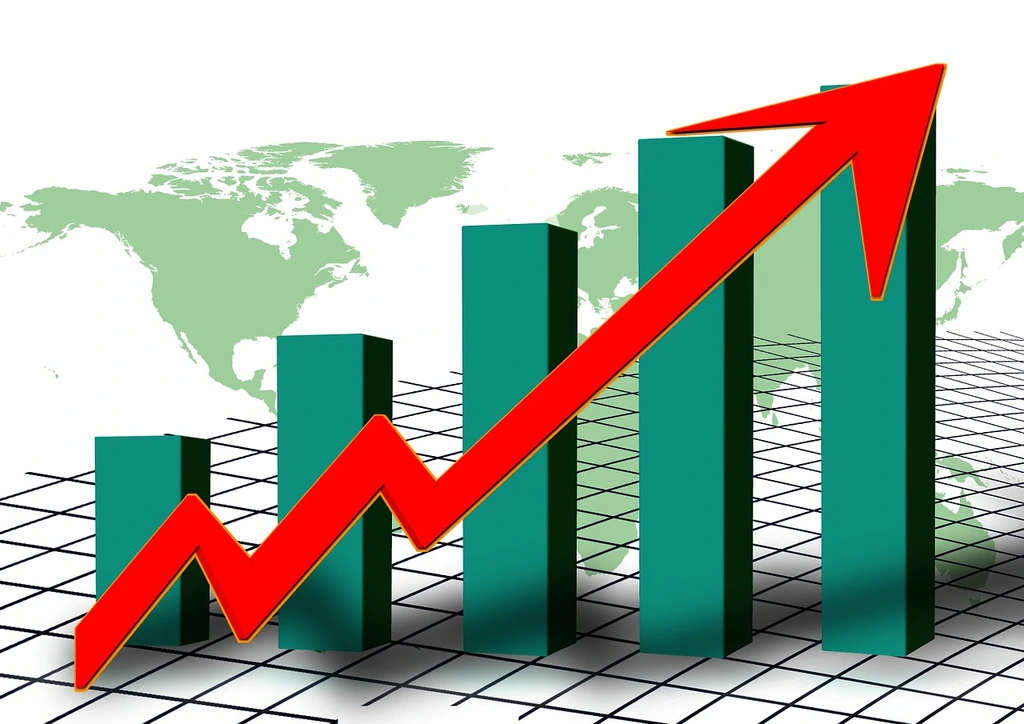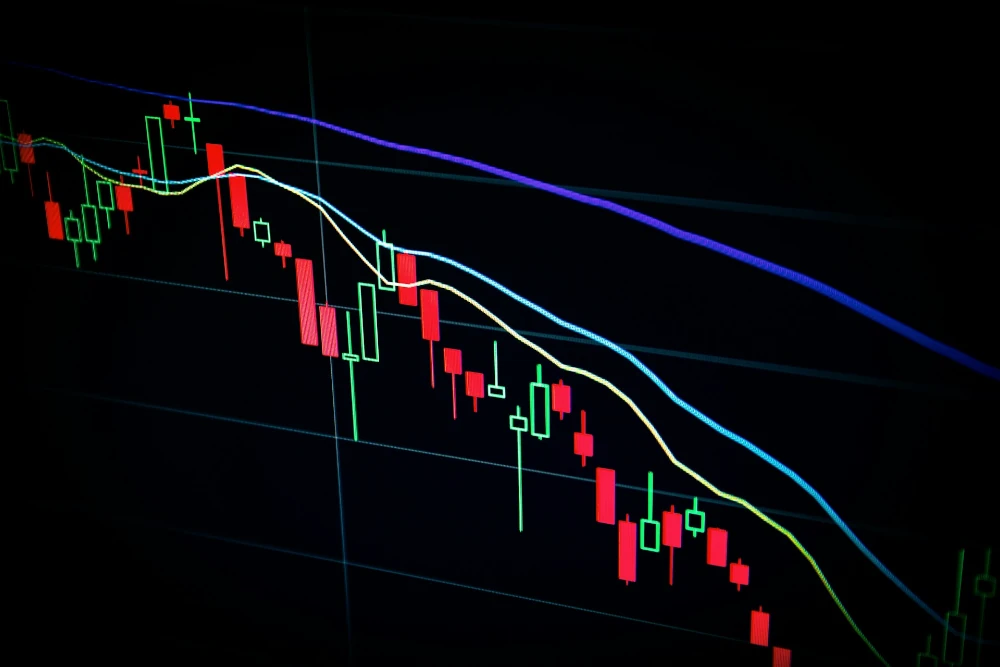The world is rapidly changing, and the economy is evolving along with it. One of the most significant shifts is the rise of the digital economy. As technology continues to advance at an unprecedented pace, traditional industries are being transformed, and new business models are emerging.
Definition
The digital economy refers to the economic activity that is based on digital technologies and platforms. It encompasses a wide range of sectors, including e-commerce, media, online services, and the sharing economy. Essentially, any economic activity that is conducted through digital means falls under the umbrella of the digital economy.
Key Drivers
There are several key drivers behind the growth of the digital economy. One of the most important factors is the widespread availability of high-speed internet and mobile technology. These technological advancements have made it easier than ever for businesses and consumers to connect and transact online.
Another driver is the increasing consumer demand for digital products and services. As people become more comfortable with technology and accustomed to the convenience it offers, they are increasingly turning to digital platforms for their shopping, entertainment, and other needs.
Impact on Traditional Industries
The rise of the digital economy has had a profound impact on traditional industries. Some sectors, such as retail, have faced significant disruption as consumers shift their spending online. Traditional brick-and-mortar stores have had to adapt to the changing landscape or risk being left behind.
At the same time, the digital economy has also created new opportunities for traditional industries. For example, the rise of e-commerce has allowed retailers to reach a global customer base and expand their market reach. Similarly, the digitalization of manufacturing processes has improved productivity and efficiency.
New Business Models
One of the most exciting aspects of the digital economy is the emergence of new business models. Companies like Uber, Airbnb, and Amazon have revolutionized their respective industries by leveraging technology and creating innovative platforms.
These platforms connect buyers and sellers, facilitate transactions, and streamline operations, often with minimal physical infrastructure. This has allowed companies to scale rapidly and disrupt traditional players who are constrained by legacy systems and processes.
Challenges and Opportunities
While the digital economy offers immense opportunities, it also presents unique challenges. One of the biggest challenges is ensuring the security and privacy of digital transactions and data. As more and more financial and personal information is shared online, protecting against cybersecurity threats becomes paramount.
Another challenge is the ongoing digital divide. While access to technology has increased globally, there are still significant disparities in internet connectivity and digital literacy. Bridging this divide is critical to ensure that everyone can participate in and benefit from it.
The rise of the digital economy has fundamentally changed the way we live, work, and do business. It has unleashed new possibilities, disrupted traditional industries, and created new opportunities. As technology continues to advance, the it will only grow in importance, shaping the future of the global economy.





















